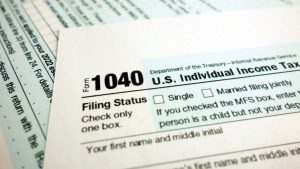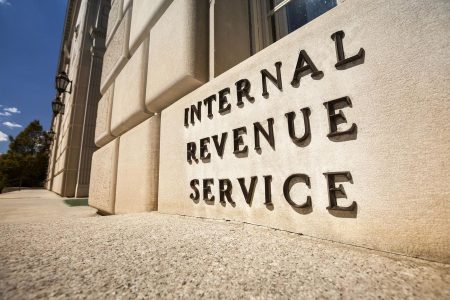California taxes are a common complaint in the Golden State, and legislators like to consider increases. For a decade, the top California income tax rate was 13.3%, but effective on Jan. 1, 2024, the new top rate is 14.4%. The new 14.4% rate is the result of no limit on California’s 1.1% employee payroll tax for State Disability Insurance. It translates to a top 14.4% rate for those earning over $1 million.
However, California’s 13.3% rate still applies to capital gain, and that very high rate has long been an irritant to California investors. At the federal level, there is a big benefit accorded to long term capital gains. The top federal ordinary income rate is 37%, while the federal capital gain rate is 20% for higher income taxpayers. Add the 3.8% net investment tax, and you have 23.8%. By paying 23.8% plus 13.3%, Californians are paying more on capital gains than virtually anyone else in the world.
Biden Proposed Tax Increases
It could get even worse. Under Biden’s FY 2025 budget proposal, for high income taxpayers, the long-term capital gains tax could nearly double to 39.6%. That proposed capital gains rate increase would apply to investors who make at least $1 million a year. In fact, it is possible to go even higher, as high as 44.6%.
Portions of the General Explanations of the Administration’s FY 2025 Revenue Proposals note that for some taxpayers, if you add several proposals together, they could increase the top marginal rate on long-term capital gains and qualified dividends to 44.6%. It seems unlikely that this major capital gains tax change will be enacted, but time will tell.
Can You Move, Then Sell?
Californians contemplating stock sales, sales of a company, a big lawsuit settlement and who face California’s 13.3% tax on capital gains may consider moving and then selling. California loses citizens for no-tax states like Texas, Nevada, Washington, Wyoming and Florida, and you don’t have to move to a no-tax state to pay less. Every other state has lower income tax rates than California, either no tax or lower tax. Of course, the details matter. Moving sounds easy, but if you aren’t careful how you do it, you could end up saying goodbye California taxes, and hello to a residency audit.
California’s tough Franchise Tax Board monitors the line between residents and non-residents, and can probe how and when you left. The burden is on you to show you are not a Californian. If you are in California for more than nine months, you are presumed to be a resident, and more than six months can often cause problems too. In some cases, California can assess taxes no matter where you live.
Many people who leave have unrealistic expectations and have a hard time distancing themselves from California, and procedure counts. California looks to objective factors to determine residency. Your time in California versus time outside counts. California uses a comparative analysis to see if you have closer connections to another state.
California Tax Audits
Audit periods can also be scary. The IRS can audit 3 or 6 years, California can sometimes audit forever. That is, California, like the IRS, gets unlimited time to audit if you never file an income tax return. That can make filing a non-resident tax return—just reporting your California-source income as a non-resident—a smart move. Continuing to file in California as a nonresident can be wise.
That way, you are just reporting your California source income, but not everything else. California source income would include rental income from California property, Schedule K-1s that you might receive from California partnerships or LLCs could reflect some California source income too.
Read the full article here
















